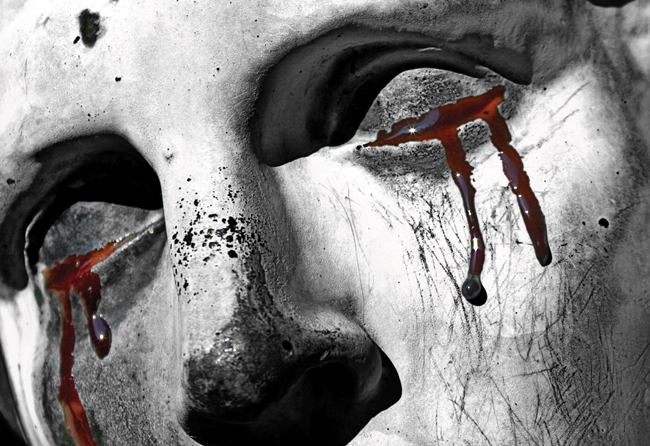Oedipus Rex-
-man: Oedipus was a man with good intentions but a tragic out come. his story is based purely on fate. he tries to do what is right but in the end is condemned.
-myth- The Myth of Oedipus Rex is much older than the play and the ancient greeks knew well of his story. they myth explains the inability to escape fate. oedipus is fated to kill his father and sleep with his mother. his parents upon hearing this tried to kill him to stop the prophesy. he instead is given and adopted by a different family. Oedipus does everything in his power to not fulfill his prophesy but in the end causes it all to happen.
-play- the play is written off the myth of Oedipus and goes into depth and detail of the myth and plays it out in an understandable sequence. the play brings the audiences attachment to the character and in the end puts pity and fear into the audience.
Aristotle- Aristotle was a student of Plato from age 18 to 37 in Athens. he later became a teacher to three different kings, Alexander the Great, Ptolemy, and Cassander, as head of the royal academy. he is thought to have been the last person to know everything there was for his time. He is one of the three best greek philosophers and has created western philosophy into what it is today and began the scientific process we still use today.
-tragedy- Aristotle says that a good tragedy is serious, complete and of a certain magnitude. a play must be shown and not told and written in a clear cause and effect chain that could happen in any time or place. He believes that plot is the most important part of a tragedy and that the characters simply support it.
-hubris- is an act of arrogance and strong pride, and acting extremely self-important. it's when someone shames or humiliated someone, not because they did something or will do something wrong but simply for self pleasure of the abuser. the concept that by treating someone badly will make their own self better and more superior.
Greek theater-
Greek theaters were usually outdoors without roofs and in the arrangement seen below. greek plays usually just had three actors that changed masks to change character. the masks covered the whole head of the actor with small holes for the eyes and mouth. the masks bring the character closer to the audience and allows for the audience to associate each mask with each character instead of the actors.
Dramatic irony-
Dramatic irony is when the audience of a play, book, or film or other such creation know of events or other important pieces of information that the character is still unaware of. this can evoke an emotional response in the audience that makes them want to scream at the character to prevent them from committing foolish actions. this is great in tragedies when the audience knows of the tragic fate of the character and their actions simply fulfill it.
Sophocles was born into a wealthy family and had access to good education. he was physically attractive, had athletic ability, and was skilled at music. He wrote 123 dramas for the greek festivals and in the 30 times he competed he won 24 and may have never gotten lower than second place.
Teiresias-
Teiresias was a prophet who could see the future through vision, he understood the language of the birds and could read their signs, as well as reading signs from fire or smoke, though he mostly relied on his connection to the underworld and the dead. Teiresias was blinded, some stories say Athena blinded him after seeing her bathe, though other stories simply say the gods blinded him for reviling their secret. Teiresias also spend seven years of his life as a woman, this was the result of displeasing the goddess Hera, though after 7 years he did the right thing and he was returned to his masculinity.
Fate- to the greeks fate was unchangeable, it was what would happen to the person and nothing could be changed. the fate of a person was decided by the three fates of mythology that spun the thread of life and in the end cut it. the fates are said to be older than the gods and it is unknown how old they really are, and it is said that even the gods don't mess with them, and that they have spun the life of the gods as well as everything else. the fates are what create the fate of each individual and the world itself. it cannot be changed or fully known, and they write out the famous myths and stories of the greeks.
